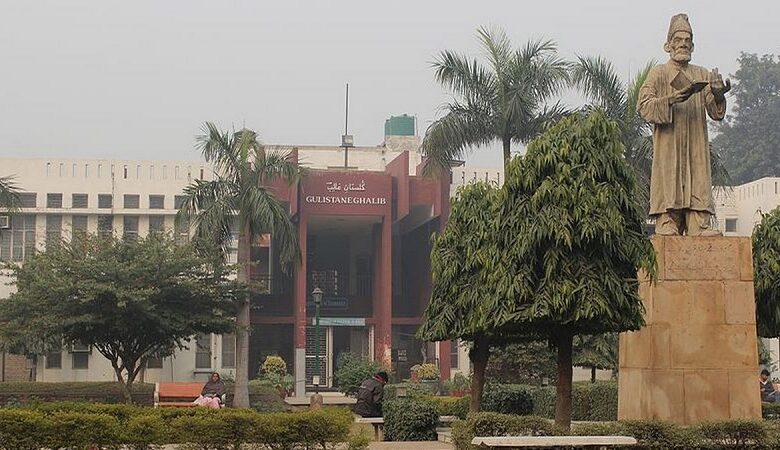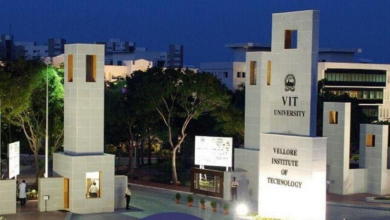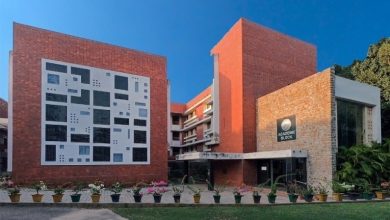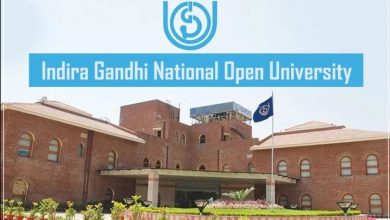EWS Quota Not Applicable in Admission 2023: Jamia Millia Islamia University to Delhi High Court
The Delhi High Court was informed by Jamia Millia Islamia University on Tuesday that it had been designated a minority educational institution in 2011 and that the 10% EWS student reservation rule would not apply to it.

EWS Quota : In response to a petition demanding that it be ordered to ensure a 10% reservation for candidates who fall under the EWS category starting with the academic year 2023–24, the university gave oral arguments.
The Delhi High Court was informed by Jamia Millia Islamia University on Tuesday that it had been designated a minority educational institution in 2011 and that the 10% EWS student reservation rule would not apply to it.
A bench of Chief Judge Satish Chandra Sharma and Justice Yashwant Varma gave the institution two weeks to respond to the petition, and the case was continued for further hearing on May 22.
Law student Akanksha Goswami filed a public interest litigation (PIL) claiming that the university must set aside seats for them at the time of admission starting with the academic year 2023–2024 due to the Constitution (103rd Amendment) Act of 2019’s 10% reservation for EWS category students in higher education and government jobs.
Arun Bhardwaj, a senior barrister, argued on behalf of the petitioner that Jamia could not be both a central university and a minority institution.
He stated that the application procedure started in April and will last until September.
According to Jamia’s permanent counsel, Pritish Sabharwal, the National Commission for Minority Educational Institutions designated the university as a minority educational institution in 2011.
He claimed that Jamia is covered by a government notification from 2019 that stated minority institutions would not be subject to the office memorandum authorising the provision of 10% reservation for EWS children in admission to educational institutions.
Prior to this, the high court requested responses from Jamia, the Ministry of Education, and the University Grants Commission (UGC) about the petition.
The petitioner’s attorney had earlier argued that because Jamia is a central university that receives funding from the UGC, Jamia should be ordered to impose the EWS reservation.
According to the argument in the petition, the UGC has already written a letter to the registrars of all central universities, including Jamia, establishing the reservation for EWS students.
Respondent No. 2 (UGC) requested in a letter dated January 18, 2019, that Respondent No. 1 (Jamia) impose a 10% EWS reservation at the time of admission in their various courses starting with the 2019-2020 academic year. On February 5, 2019, Respondent No. 1 Jamia Millia Islamia released a press statement in which it refused to implement the 10% EWS Quota reservation, citing its status as a minority institution under Article 30 of the Indian Constitution.
In addition to the reservation problem, the petitioner has asked for the National Commission for Minority Educational Institutions’ order designating Jamia as a minority institution to be revoked.
According to the petition, Jamia was neither founded by a minority community nor does it administrate it as it was created by a law passed by parliament and receives funding from the Indian government.
Additionally, it stated that treating a central university as a minority educational institution is against the law and that there is no provision in the Jamia Millia Islamia Act, 1988, to allow the nomination of exclusively Muslims as members of its administrative and academic council.
Also Read: UGC Debarred NMIMS from Offering Online, Open and Distance Education Programs






